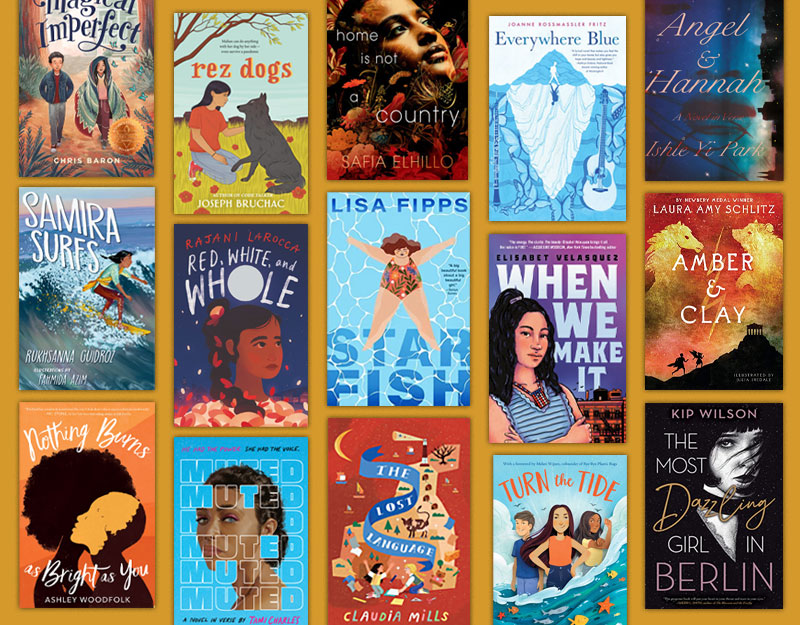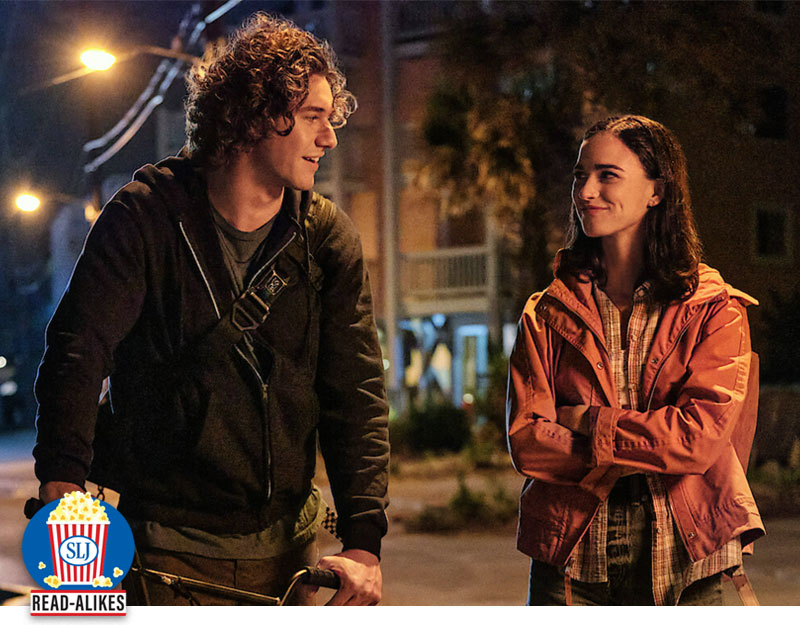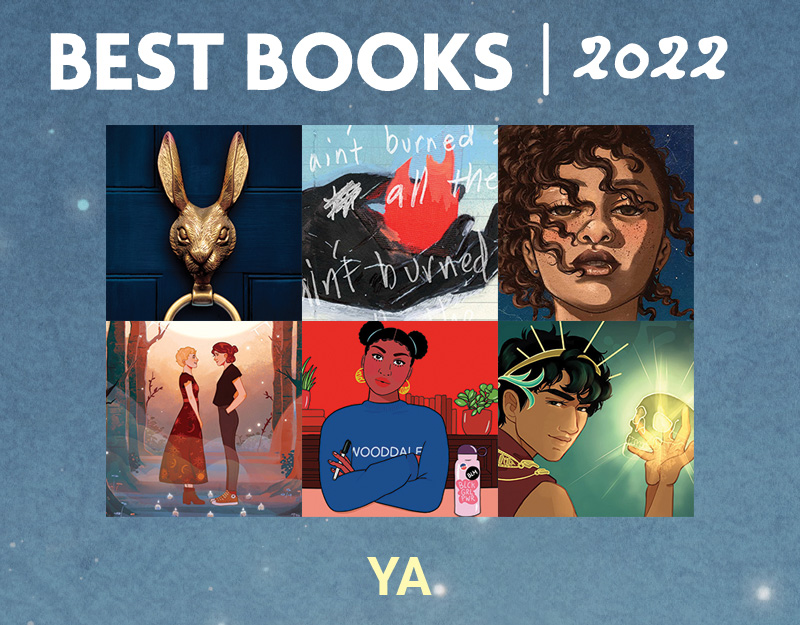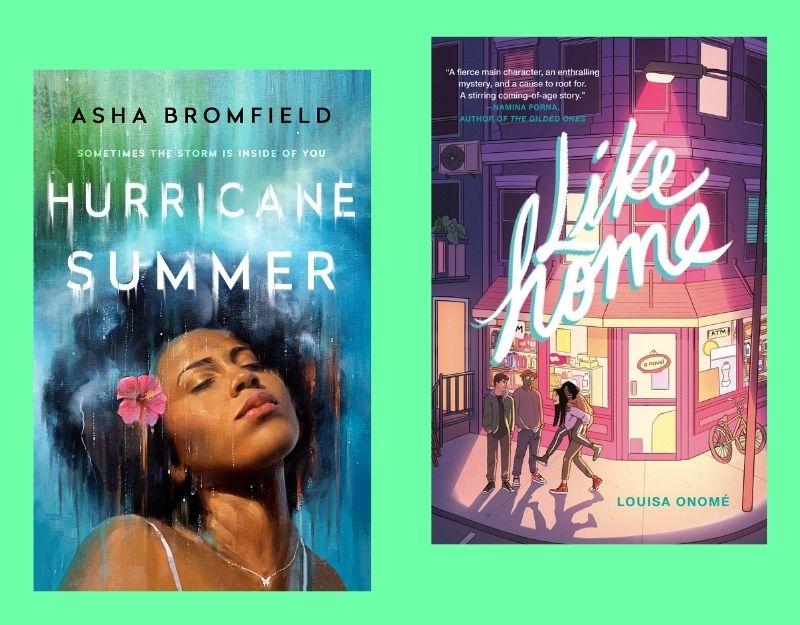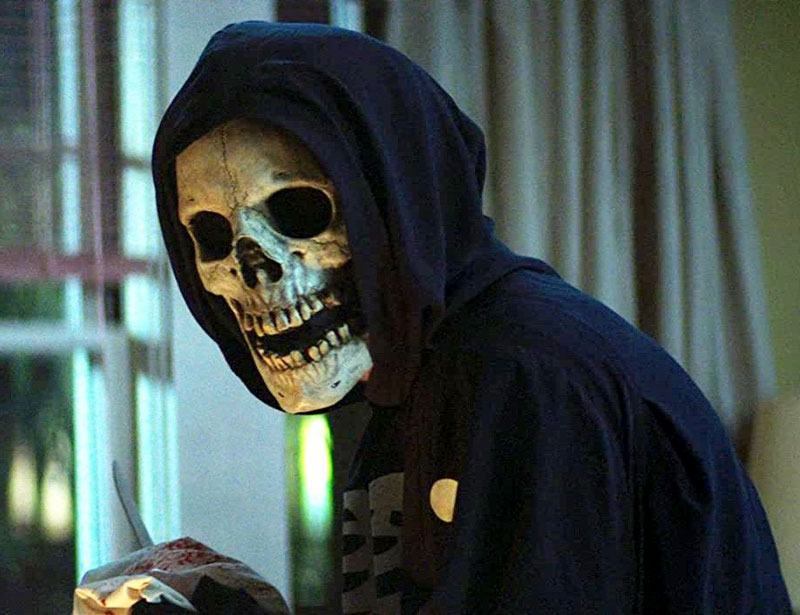The 2020 Project: Author Beth Kephart Interviews a Teen with Marfan Syndrome
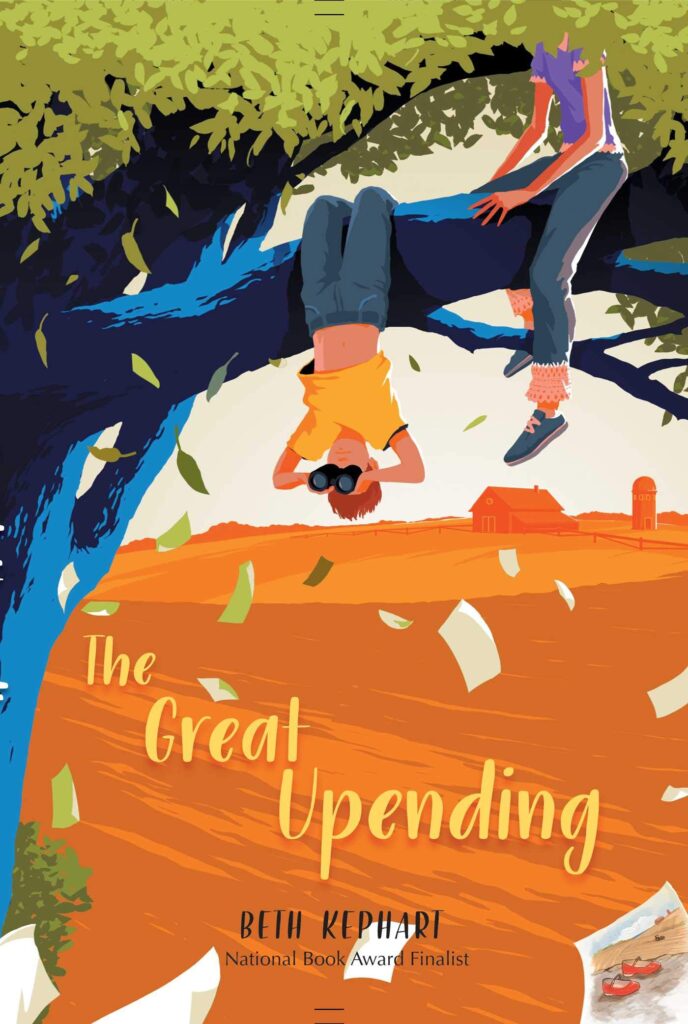
Beth Kephart’s new middle grade novel, The Great Upending (Atheneum, March 31, 2020), was written for Becca Weust, a young woman Kephart encountered during the course of her work as a writer of patient stories. The novel’s heroine is a girl named Sara. Sara has Marfan syndrome and her loving family—farmers in a drought-afflicted region—cannot afford the potentially lifesaving care she needs. Here, Kephart interviews Becca herself about the life she lives, her passion for libraries, and her hopes for all those with chronic illnesses.
Tell us something about your childhood—your fondest memories, the hopes you had as a little girl, the life your parents and sister created with you.
Oh, my mom’s side of the family has a farm and every year when I was little we would go on a big tractor-pulled hayride around the property and the little community area it was next to. Reading The Great Upending I can still smell the hay and mud, feed, and animals in a really visceral way. I hear the giggling of my cousins and my sister, feel the scratch of the hay of baling twine. I see my grandfather’s massive silhouette hauling 70-pound bags of feed not far from 70 himself. I loved being in the dirt and grass and mud and bugs as a kid, so escaping from the suburbs was a treat. To this day being out in nature and the dirt feels like family.
What were the first hints, for you, of Marfan syndrome?
ADVERTISEMENT
ADVERTISEMENT
It wasn’t so much hints as a life-changing stroke of luck. Around four I started complaining that my eyes hurt and my parents noticed that I didn’t seem to see things like a deer if it was off at a distance. My pediatrician referred us to specialists at UW Madison Children’s Clinic at my mom’s insistence that my eyes were “wiggly.” Once we got there Dr. Kushner took one look at what we would come to know as “textbook” Marfan markers. He didn’t want to scare my parents but he referred me to his colleague for testing and confirmation. I often wonder whether, if my mom hadn’t pushed my pediatrician and gotten me to a noted specialist, I would have gotten seriously injured before I’d ever heard of Marfan.
How did having Marfan begin to change the life you were living, your experience of the world?
When I was a child the biggest thing I was aware of was that I could not, under any circumstances, push myself. If I started to feel a certain way running or playing, I was to stop immediately or my medication would stop me and that would be a bad thing. I chaffed at not being able to run like the other kids, and that was my biggest complaint for a long time. As I grew older, I started to hurt a lot more, and with the hurting came fatigue and the need for long rest to recover after daily activities. I hated going to church because standing and sitting so still and upright for so long dropped my blood pressure so low that I’d start to faint. Friends wondered why I wasn’t at events or gatherings and thought I was avoiding them. I didn’t have the vocabulary or understanding to communicate what I was going through. Worse, I was embarrassed by it. I did my best to hide it because I felt like I just couldn’t keep up and that it was my fault.
You have undergone an arduous journey of diagnoses, surgeries, personal investigations into possibilities—enough to fill the pages of an entire book or more. Can you offer us a capsule glimpse?
Hmm, that’s difficult. Finding a diagnosis or treatment is chaotic. Every once in a while, the planets will align and you will find the right place, the right team, and it will feel like magic. But it’s usually a long war of persistence. For example, it wasn’t until this past year that we had any real idea of what was happening with my brain and spine—what was giving me the symptoms that have left me frequently bedridden for more than six years. Since it is difficult to get referrals, navigate insurance, and find specialists, chronically ill patients and their caregivers have to do a lot of labor if they expect a diagnosis, let alone treatment. People with chronic illnesses usually keep a careful log of what helped and hurt, their diet, environmental factors, the questions they have for specialists. We sometimes get pushback for our advocacy as being disrespectful to medical experts. But if I don’t do this kind of work, I can end up in the right department but the wrong sub-specialty, charged for an appointment that doesn’t help me, or given a recommendation for a treatment that is usually safe for the larger population but likely dangerous for me.
How are you today?
Oh boy, I try to avoid asking myself questions like this; I usually don’t like the answer! I hurt and I’m tired and there is so much more that I want to be doing. I struggle a lot with my mental health but I’m not an ‘unhappy” person. I’m lucky to have a small group of family members and friends who love and support me unconditionally so that I’m not suffering, but things do get really difficult. I’ve learned to find the purest pleasure in simple things. I love falling down information holes about natural science or history on the internet. I am spoiled by my local library’s ecat, which keeps me sane even if I can’t stalk the stacks. (Thank you!) My greatest passions lay with the chaos that is my cat, a flakey pastry, and an interesting cup of tea. As long as I have these things I’ll keep plugging onward.
What do you want others to understand about the experience you have had, are having?
ADVERTISEMENT
ADVERTISEMENT
That many of the things that make chronic illness so difficult are not unsolvable. That we have the research and understanding to create better accessibility to communities and healthcare. That chronic illness and some form of disability is something that will touch every person at some point. It’s not an othering thing. It is a very human thing to have dynamic strengths and weaknesses, and it benefits us all to work on better meeting those needs. But, more personally, chronic illness is lonely, I don’t want anyone’s pity, but I cherish the friends that have stuck around and continue to reach out to me… They mean everything. Thank you, Elle. Thank you, Gina. Thank you, James. Thank you dearest Seester, Alison.
What can librarians and teachers and any caring adults do to help communicate the importance of understanding what people like you are going through?
That we have the same kinds of aspirations and hobbies as everyone else but we have to get creative in how we approach them (access, time, energy).That creativity is a great thing to cultivate but it takes a lot a work—work that we would have to do less of if public and private spaces thought more about accessibility. Activities must be accessible and safe, not just for people with mobility issues but for people with issues with things like IBS (unquestioned access to safe restrooms). Having a space for neurodivergent people to decompress is another good way to help those isolated by access issues to get out in the world. If in doubt the best way to ensure your events are inclusive is to ensure that adults with those conditions are involved in the planning process. I firmly believe that taking part in community building is the best way any two people can grow to understand each other.
What is the biggest thing on your mind right now?
The biggest thing on my mind right now is fear. Fear of time. I’ve spoken with Beth about how scared I was of ‘growing up.’ Even at seven, I knew (despite my parents sheltering) that my medical care was costly and that it was a small miracle that my parents had a plan that covered me. I had a pre-existing condition. Every birthday that came around I wondered at what point I’d be old enough that insurance wouldn’t care about me, about my life. I knew there was a cut off, and every birthday, every appointment or test brought me closer to some bureaucratic guillotine. I hate feeling that childish helpless fear again. The ACA passed while I was entering college, and though it didn’t solve everything, it lifted so much weight from my mind; I didn’t feel like I wasn’t a ticking time bomb . But with renewed attacks on SSI/SSDI and the ACA itself. It feels like a backwards slide into eugenics. I feel like I need to hide again. Unfortunately, I don’t think I’m alone in that fear.
Also dolophones pilosa! They’re spiders! That can completely flatten their bodies around a branch! My brain is still chewing on it. Don’t worry, though. Like many of the best things they live in Australia.
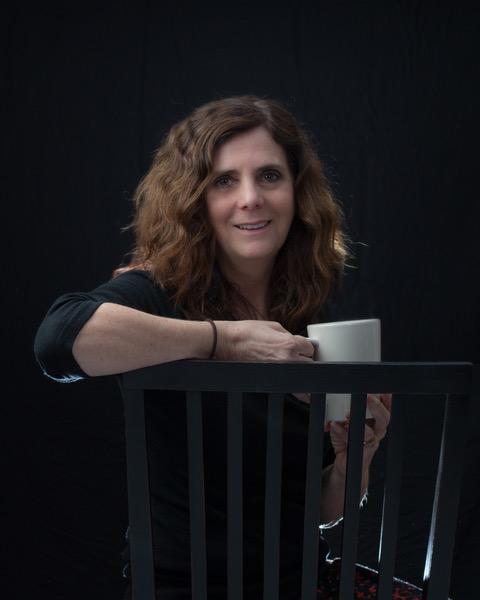
Beth Kephart writer/teacher bethkephartbooks.com
The Great Upending, forthcoming March 2020, Caitlyn Dlouhy, Atheneum (Simon & Schuster)
*Booklist Review: “Further plot twists lead to an unexpected ending, which readers who love good storytelling and spirited heroines will find satisfying. National Book Award nominee Kephart’s latest is ultimately as refreshing as rainfall on a dry field.”
Cloud Hopper, forthcoming October 2020, Penny Candy Press
Wife|Daughter|Self: a memoir in essays, forthcoming February 2021, Forest Avenue Press
Filed under: Uncategorized
About Karen Jensen, MLS
Karen Jensen has been a Teen Services Librarian for almost 30 years. She created TLT in 2011 and is the co-editor of The Whole Library Handbook: Teen Services with Heather Booth (ALA Editions, 2014).
ADVERTISEMENT
ADVERTISEMENT
SLJ Blog Network
Happy Poem in Your Pocket Day!
This Q&A is Going Exactly As Planned: A Talk with Tao Nyeu About Her Latest Book
More Geronimo Stilton Graphic Novels Coming from Papercutz | News
Parsing Religion in Public Schools
ADVERTISEMENT



